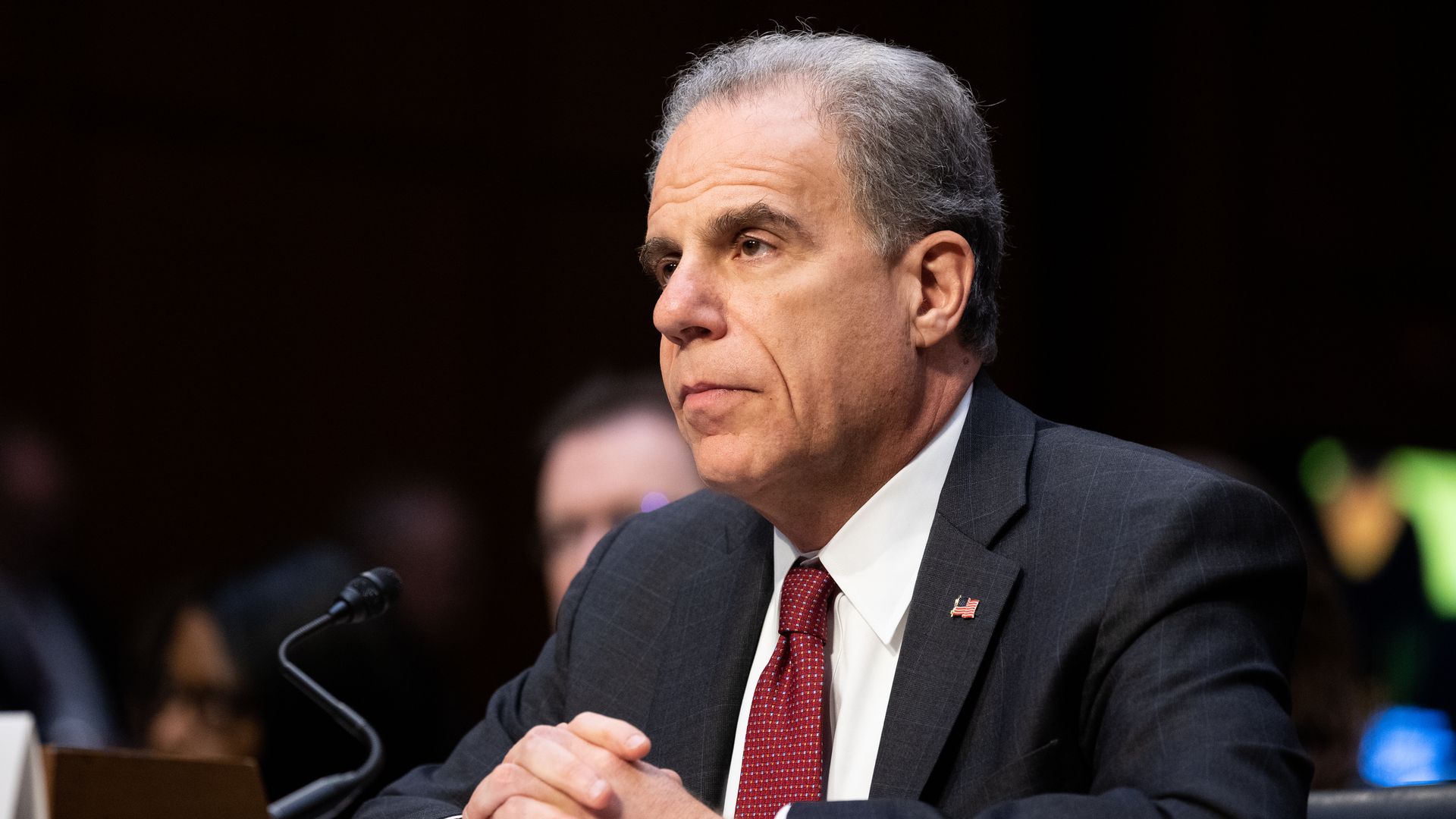Dec 17, 2019 - Politics & Policy
Secretive FISA court orders FBI to fix surveillance standards in wake of IG report
Add Axios as your preferred source to
see more of our stories on Google.

Inspector General Horowitz. Photo: Michael Brochstein/Echoes Wire/Barcroft Media via Getty Images
